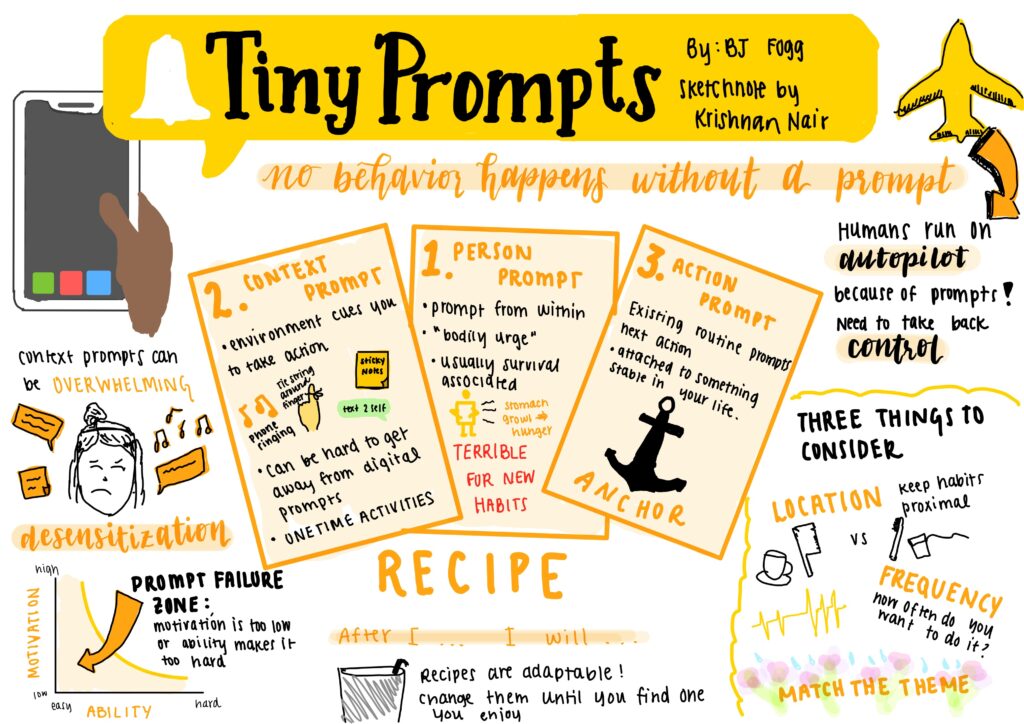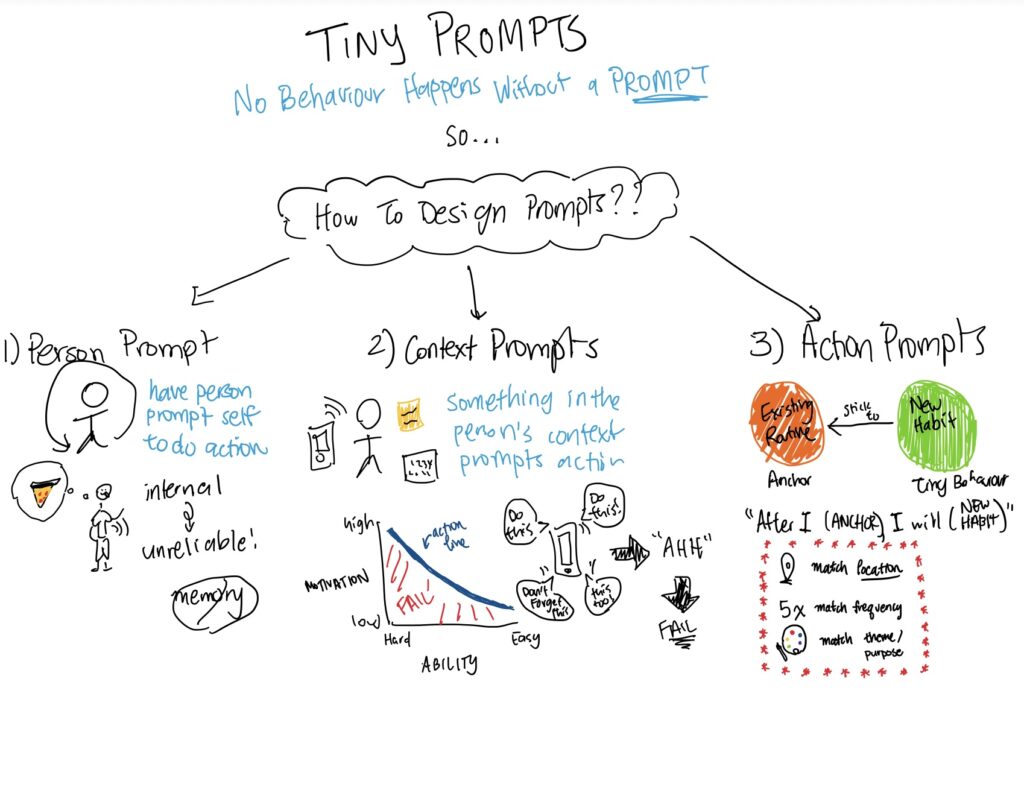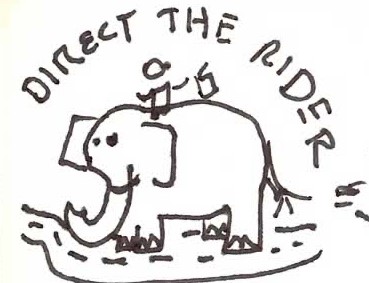For our product:
Since our company operates mainly in the sustainable energy industry with our new product offering, WavePure that intertwines desalination with wave energy, I don’t really see advertising as a revenue model for our use case. Especially because WavePure’s business model is primarily B2C with heavy engagements with government and regulatory agencies.
However, I do agree that advertisements can be a powerful tool to solidify our brand image and reach out to the masses. This can be especially useful when we begin to shift our focus to Resorts and smaller businesses during Phase III of our Product Development Cycle. Further, we can launch ad campaigns that highlight the scale and impact of our cutting edge technology and help strengthen the support base for our other existing products such as wave to electricity production (Think of Nike that never advertises its most recent line of sneakers but what the brand and its value system represents). I think instead of going the internet “pop-up ads” route of marketing, TV and newspapers might be a better fit for us to spread awareness about our initiatives themed towards climate tech and delivering social good.
Next, coming to the impact of advertising revenue models for the internet in general, I’ll list a few points keeping in mind the word limit.
Pros:
– Access to everyone for all sorts of free content and services on the net.
– Especially important for bootstrapped startups/individuals (say content creators) that haven’t raised money/don’t have a particularly reliable source of funding. Without ads, I think the broad and diverse landscape of the internet will certainly lose a majority of the players and its sheen.
– Personalization can also carve an engrossing tailor-made experience: Would you rather see recommendations on the car you’ve been wanting to buy (google reads your history in case you were still in the dark) or would you rather see posts about the latest cerelac flavours for infants?
Cons and Impact on Individual Well Being:
– Particularly pathetic interface experience for end users.
– Often ends up in clickbait content and misinformation. Further, pop-ups can lead to more pop-ups when you try to close them, resulting in an avalanche of unwarranted ads.
– Privacy concerns! Can certainly refer to the first reading assignment we did on Facebook
– Induce Bias: (Personalized) Targeted ads often aim to exploit the “belief system” of the user to improve user-ad interaction metric (like Click Through Rates) and not only limit their exposure to diverse content (and perspectives!) but also highly skew their own views and perspectives.
– They strip the platform of its coolness! To quote Sean Parker’s character from the movie The Social Network: “Ads aren’t cool; it’s like you’re throwing the best party on campus and someone’s saying it’s gotta be over by 11.”
– Dangerous. Explicit. Ads. Let’s be honest, we all have faced those “Hot singles in your area” pop-up ads (which never displayed “hot” men as much as they did women; probably because women are much more smarter than men to not fall for such shams). We certainly don’t want our primary kids to “see” them when they’re wandering across websites for the latest episodes of their favourite anime do we?
Ways to Reduce Them:
– Go Freemium! Duolingo is such a good example.
– Subscription Based Models (I’ll certainly have to agree with Elon’s decision with Twitter on this one).
– Try Before you Buy: Spotify, Youtube, Netflix, and so many other platforms have found success with this approach. I think it’s a very good example that helps meet both the user’s needs and (especially) the platform’s needs.

A Higher Common Sense
A place for Writings about Evidence-Based Design


